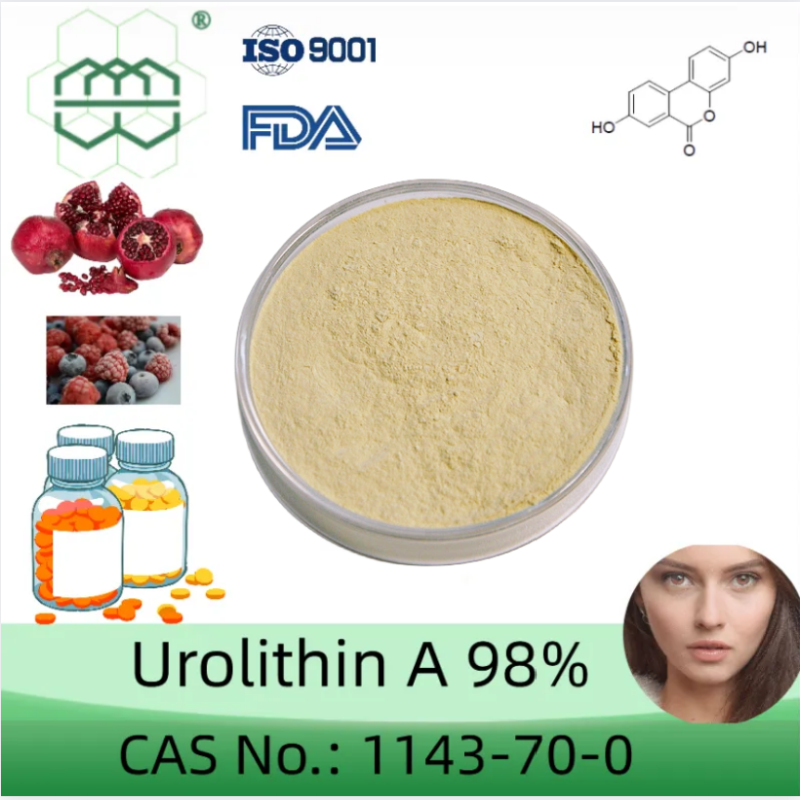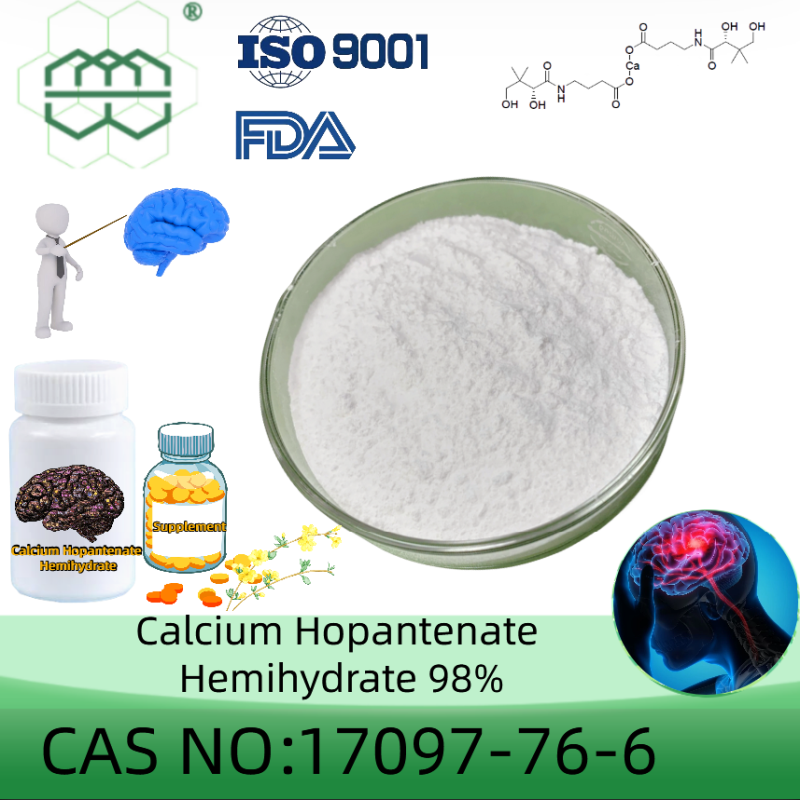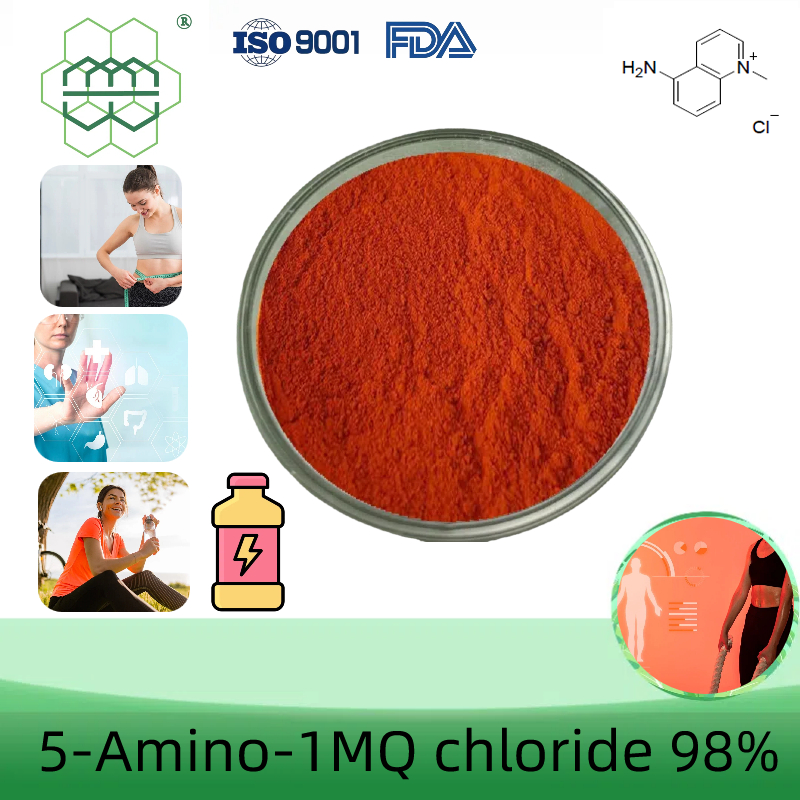-
Categories
-
Pharmaceutical Intermediates
-
Active Pharmaceutical Ingredients
-
Food Additives
- Industrial Coatings
- Agrochemicals
- Dyes and Pigments
- Surfactant
- Flavors and Fragrances
- Chemical Reagents
- Catalyst and Auxiliary
- Natural Products
- Inorganic Chemistry
-
Organic Chemistry
-
Biochemical Engineering
- Analytical Chemistry
-
Cosmetic Ingredient
- Water Treatment Chemical
-
Pharmaceutical Intermediates
Promotion
ECHEMI Mall
Wholesale
Weekly Price
Exhibition
News
-
Trade Service
In previous issues, we introduced the importance of food and food-related product compliance exports in terms of food raw material compliance, metal foreign material control, agricultural residues and food-related product dissolution specifications, and this issue we will analyze the use of additives in food and food-related products compliance through several cases reported by the Korean authorities.
we need to pay attention to the use of raw materials and other ingredients for ordinary processed foods? We'll explain it in conjunction with the case below.
1. Food additives in food over-range, over-use case 1. China's export of Korean starch products due to the use of banned food additives was notified on June 1, 2020, China's two batches of starch products exported to South Korea because of the use of food additives banned in such products sodium dehydrogenate was notified by South Korea.
, dehydroacetic acid and its sodium salts, as preservatives, can be used in starch products, which have a strong inhibitory effect on mold.
in South Korea, sodium dehydrogenate as a preservative is not allowed for starch products, only for cheese, butter, margarine products.
, for export products we should determine the scope of use of additives according to the target country product classification.
2. U.S. exports of Korean flavored products due to the use of banned pigments were notified by South Korea on June 9, 2020, the United States exported two batches of lemon pepper seasonings and other flavoring products due to the use of banned pigment lemon yellow, sunset yellow was notified by South Korea.
the United States, lemon yellow and sunset yellow are pigment additives that require certification and can be used in all foods if they are FDA-certified.
in South Korea, this type of pigment can only be used in spicy root processing products and mustard processing products.
3. Japan's export of Korean beverage products due to the excess of sucralose was informed by South Korea on August 12, 2020, Japan's beverage products due to sucralose exceeding the standard by South Korea, the product per kilogram detected 0.77g of sucralose, in South Korea, beverages cane sugar should not exceed 0.40g/kg.
II, food-related products in the use of additives exceeding the standard for food-related products, there are also cases of non-compliance due to the use of additives were notified, for example: February 20, 2020, Japan's anti-noise food container packaging package package set for detection of 1,3-butylene (4mg/kg) was notified by South Korea.
November 16, 2020, China's coffee machine products were notified by South Korea for detecting 1,3-butylene (2mg/kg) exceeding the standard.
In China's GB 9685-2016 "National Standard for Food Safety Food Contact Materials and Products Additives Use Standard" provides for 1,3-butene use range and maximum use, can be used as adhesives and coatings, coatings in accordance with production needs, while in Korea, the above-mentioned products 1,3-butylene standards should not exceed 1mg/kg.
3. Summary through the above cases can be seen that countries for food or food-related products in the use of additives requirements there are large differences, in order to avoid similar events, to ensure the smooth development of future trade with South Korea, we summarized the following points for the south Korean enterprises to refer to: a. National regulations are different, enterprises should implement the main responsibility for food safety before export, understand the target countries for their products, including the use of additives principles, allowed to use the variety of additives, the use of the maximum amount of additives, in accordance with the regulations and regulations.
b. Production enterprises shall strengthen the process control of production and processing, be equipped with metering equipment that meets the requirements, be responsible for feeding, accurately weigh additives and make relevant records to ensure that the use of additives meets the requirements of the target country.
c. Do a good job of testing the final product.
enterprises should carry out self-inspection of the final products in accordance with the requirements of the target country before exporting to ensure the smooth export of quality products.
Above is the food partner network to organize the export of Korean food and food-related products enterprises need to pay attention to several aspects, of course, to ensure product compliance export there are many aspects to pay attention to, such as: physical and chemical requirements, microbiological requirements, pollutant requirements, prohibition of the use of illegal additives requirements.
because different products have different regulatory requirements, need specific analysis of specific issues, we will share the content of compliance exports, hoping to help the relevant export enterprises.
Related reports: Export products were informed of the reason analysis: export products were informed of the reason analysis: export products were informed of the reason analysis: exports of Korean article (iii) export products were informed of the reason analysis: lost Korean article (4) this article for the food partner network food safety compliance department original article, reprinted please contact us.
Food Safety Compliance Division provides domestic and foreign food standards regulatory management and consulting, food safety information monitoring and analysis of early warning, product registration and filing services, label audit and compliance consulting, conference training services, etc., details: 0535-2129301, e-mail: vip@foodmate.net.
。







